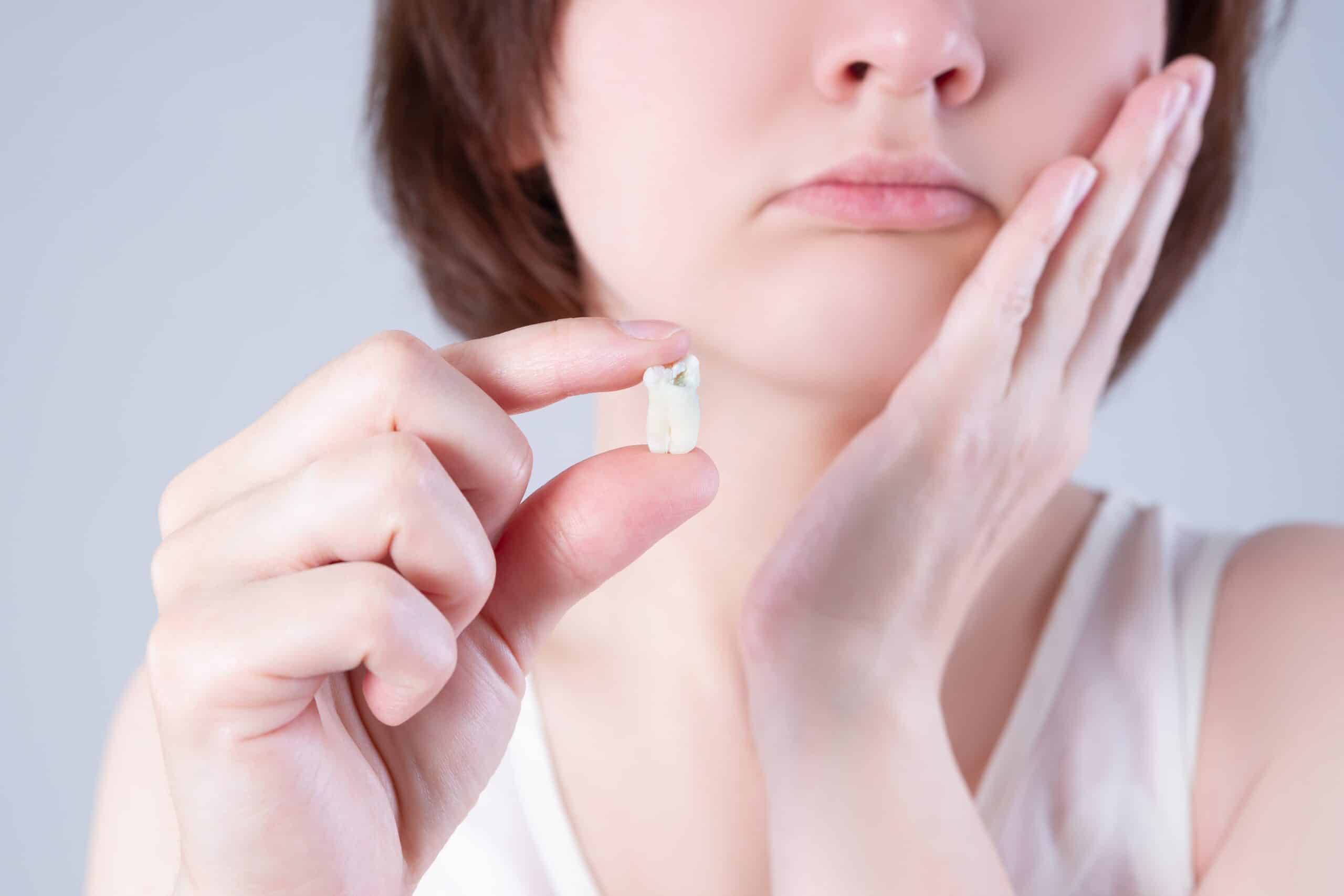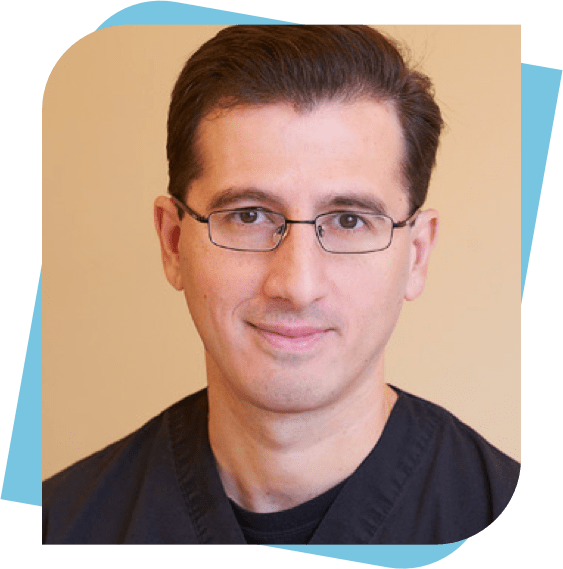
You’ve just had wisdom teeth removal, and you’re in pain. Before your surgery, you researched the procedure in depth, making sure you were informed and ready for your tooth extraction. But what should you do now following your appointment? In this blog post, we’ll cover the procedure, aftercare, and what foods you should be avoiding after your surgery.
What are Wisdom Teeth?
Your wisdom teeth are the teeth that sit the furthest back in your mouth, sometimes referred to as the third molar. They tend to grow between the ages of 17 and 25, a process also known as erupting. However, if your wisdom teeth are crooked or become impacted (trapped by your gums or jawbone) and can’t properly erupt, your dentist may recommend wisdom tooth extraction.
This procedure is generally recommended because, without it, you could develop pain and cysts or cause damage to your other teeth or jaw bone. This makes surgery necessary for your continued oral health.
Wisdom Teeth Removal Process
During the procedure itself, you will be put under either local or general anesthesia. The surgeon will then expose and remove the teeth before cleaning the area, stitching closed, and placing gauze to stop the bleeding. Wisdom teeth removal typically takes around an hour to complete.
Immediate Aftercare: The First 24 Hours After Surgery
For the first 24 hours after surgery, you should avoid rinsing, spitting, and hot drinks, as those may disturb any blood clots that are forming to help the healing process. You should also avoid smoking and drinking alcohol during this period. After 24 hours of wisdom teeth removal aftercare has passed, you can rinse out your mouth with an antiseptic mouthwash. This will become an essential part of your oral health routine the days after eating.
How to Manage Bleeding, Swelling, and Pain
It’s important to follow your dental surgeon’s aftercare instructions to help manage the bleeding and swelling. They may have specific recommendations on changing the gauze and taking pain medication and antibiotics, which should be followed.
In general, you should also avoid strenuous exercise and activities for a few days after your surgery, as that can worsen the bleeding and swelling. Sleeping with an extra pillow under your head at night can also help with bleeding and swelling. When eating, it’s best to chew with your other teeth or consume liquid and soft foods.
Pain Management Strategies: Easing the Discomfort
If your dental surgeon prescribes you pain medication, then you should take it as directed. Otherwise, you can take acetaminophen (Tylenol) or ibuprofen (Advil) for effective pain relief.
For non-medicinal pain relief, you can wrap an ice pack in a clean towel and hold it to your face for 20 minutes, then remove it for another 20 minutes, repeating as necessary. You can also rinse your mouth with warm water and a teaspoon of salt, in addition to the antiseptic mouthwash, to help reduce swelling.
Once you’re able to drink warm and hot liquids, drinking tea or warm water with honey can help to reduce inflammation and pain. Green tea or other teas that use turmeric or ginger may also support healing and pain relief.
Oral Hygiene Post-Surgery: Keeping Your Mouth Clean
Maintaining your oral hygiene after a wisdom tooth extraction can help to prevent infection. It will also ensure no problems occur with your other teeth that may require medical intervention. When possible, maintain your usual routine of brushing and flossing your other teeth, and be careful not to disturb the surgical site as you do. Using either a prescribed or alcohol-based mouthwash can help remove any food stuck in your teeth and clean the surgical site during wisdom teeth aftercare.
Watch Out For These Foods After Your Teeth Are Out
Wondering what you can eat after wisdom teeth extraction? It’s common sense that you should stick to liquids and soft, easy-to-eat foods. Things like ice cream, smoothies, and mashed potatoes will serve you well. But what about the foods and beverages that you should absolutely, without exception, stay away from? Here are a few to watch out for:
Hot and Spicy Foods
For several days following your wisdom teeth removal, you should avoid hot foods and drinks. Heat can cause blood clots in the sockets to break down, leading to infection or a painful condition called dry socket. Foods that are room temperature or warm, such as soups and mashed potatoes, should be fine, but be careful! You should also be wary of spicy foods since they can irritate the already vulnerable extraction site.
Carbonated Drinks
Staying hydrated is key! That said, you might be thinking about whether you can have soda after wisdom teeth removal. While it’s good to sip plenty of liquid following your tooth extraction, you should avoid carbonated drinks (including soda and sparkling water) for some time after your procedure. Just like with hot and spicy foods, the carbonation can weaken the all-important blood clots in your mouth. You should also avoid using a straw since the suction can also dislodge these clots.
Alcohol
For the first 24 hours after your extraction, you should absolutely avoid alcohol. Sipping your favourite cocktail will inevitably delay the healing process, leading to increased pain and swelling. If your dentist provided you with pain medication following your wisdom teeth removal, it’s also extremely important that you ask whether alcohol can interfere with it in any way.
Nuts and Seeds
Small foods such as nuts, seeds, and even rice should be avoided since they will undoubtedly become stuck in the sockets created by your tooth extraction. This could result in extreme pain, and even infection, so don’t take this advice lightly!
This is by no means a comprehensive list, but it should serve you well in your journey to recovery.
Contact us today at Yazdani Family Dentistry, and our expert team of dentists will be happy to help answer any questions you may have about wisdom teeth aftercare.









